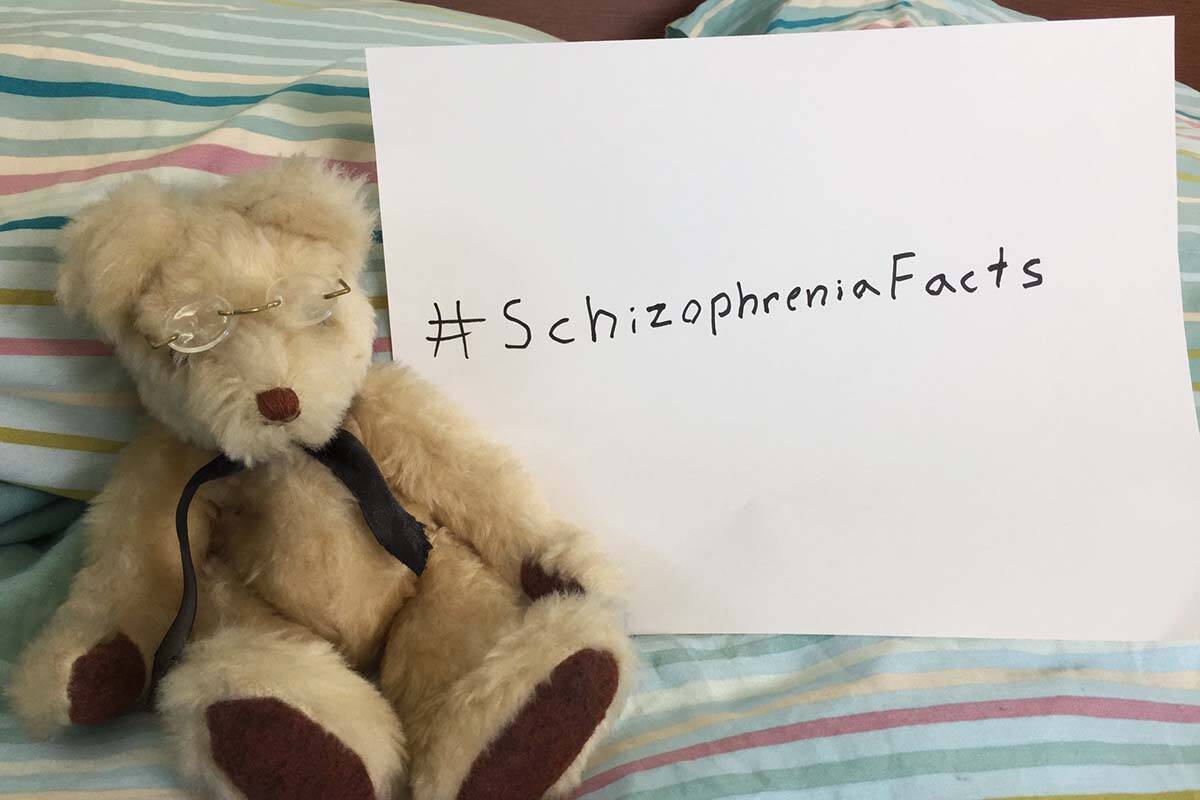Jennifer called the police on her teenage son in summer 2014 – the first time he had a psychotic break.
As a mother, it was the last thing she ever wanted to do, but she could tell things were bad and she didn’t have the tools to handle it on her own.
Months earlier, Jennifer’s son – whose name Black Press Media isn’t including for privacy reasons – was diagnosed with clinical depression, but for several weeks leading up to his break, Jennifer had suspected something else was going on.
“I could see his behaviour changing. I could see the other shoe was going to drop.”
Jennifer says she would notice her son speaking rapidly, staying up all night, going out partying and acting erratically.
“It was exhausting. I was scared and worried. Seeing the one you love all of the sudden go down this path – it was really scary.”
The night Jennifer called the police, her son was taken to the hospital and diagnosed with bipolar disorder. It wasn’t until another year and another emergency room trip later that the two found the support they needed.
A nurse pointed Jennifer toward the BC Schizophrenia Society, a non-profit that works with the loved ones of people with serious mental illness. She immediately enrolled in a 10-week education and support course, which she says changed everything for her.
“It just sort of rounded me. I felt I could breathe again because I could talk to other people and I felt like for the first time I wasn’t alone.”
Jennifer learned about her son’s illness, the stigma that surrounds it, and how to help him navigate the everyday challenges he faces. In support groups, she shared her experiences and heard those of other people.
Now, when he’s having a difficult day the two talk, Jennifer listens and they work to set healthy boundaries.
“It’s really about acceptance.”
READ ALSO: VIDEO: Famous Abbotsford commentator shattering mental health stigma
The BC Schizophrenia Society works with more than a thousand B.C. families in similar circumstances every year, but coastal regional manager Hardeep Thind estimates more than 50 per cent of British Columbians touched by a serious mental illness still have no idea the society exists.
“It’s our neighbours, it’s our friends, it’s our coworkers,” Thind told Black Press Media.
Beyond providing support groups and education, the society also connects people living with mental illness to resources, raises money for research and advocates for better provincial supports.
In May, they received $5 million from the province, which will be used to increase supports for people in rural, northern and under-served regions, further partnerships with Indigenous communities, and expand the society’s children and youth program.
This year is the society’s 40th anniversary and Thind says one of their main goals is to make themselves a household name.
Caught early on, serious mental illness is highly treatable, she says. They key is to make sure more people know supports and resources exist.
More information about the BC Schizophrenia Society can be found at bcss.org.
READ ALSO: ‘I’m still standing and I’m still smiling’: Margaret Trudeau speaks at UFV
@janeskrypnek
jane.skrypnek@bpdigital.ca
Like us on Facebook and follow us on Twitter.

